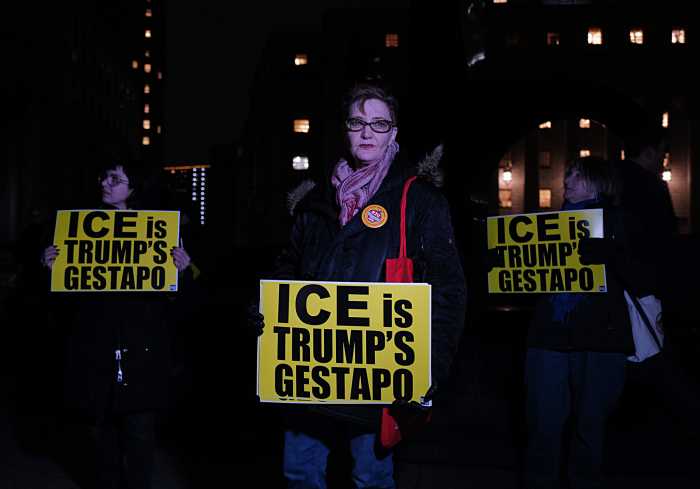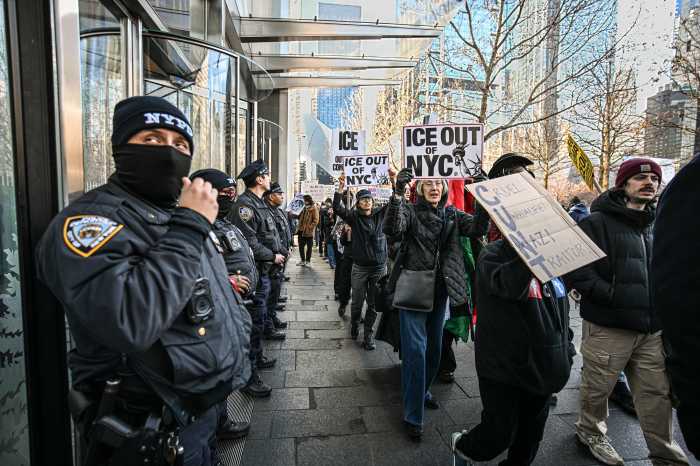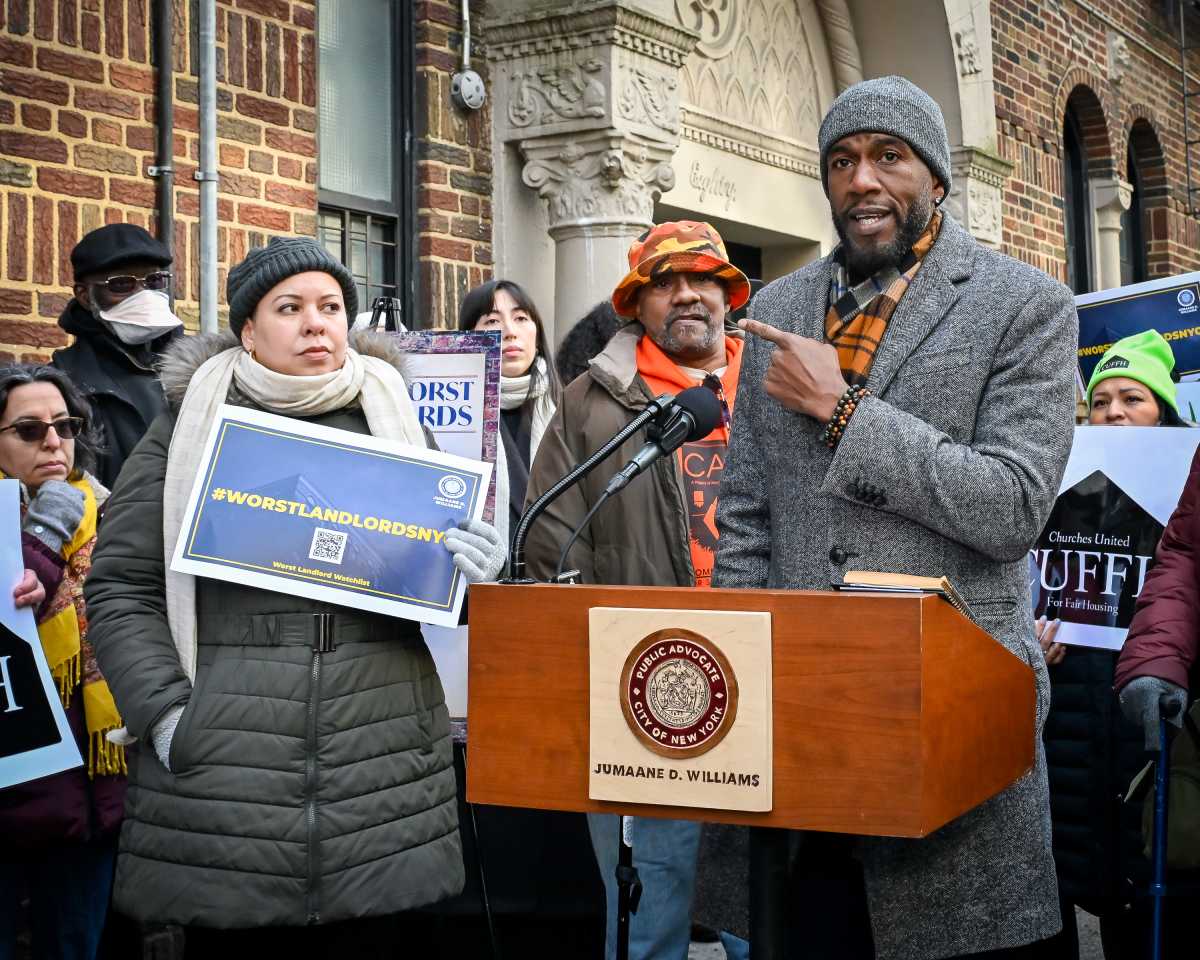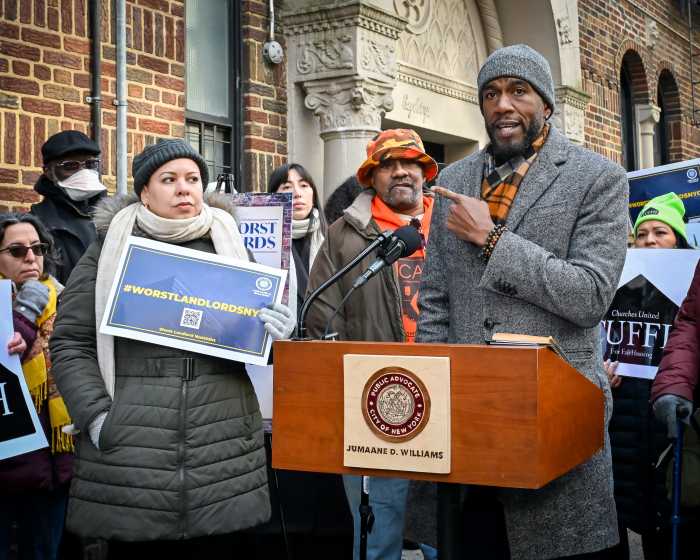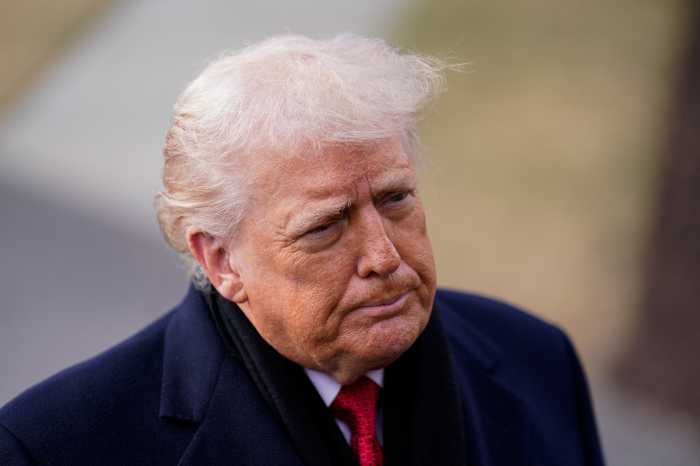President Donald Trump is the victim in chief. Having directed his anger and resentment at everyone from foreigners to Democrats, he turns his wrath against Mexico.
Despite the advice of experts in own party and administration, Trump is forging ahead with plans to impose escalating tariffs on Mexico as punishment if the country doesn’t stop the flow of migrants into the United States. Except that it’s a problem Trump himself has exacerbated by cutting aid to the nations from which migrants flee and by ineptly handling the migrant flow at the border.
The wrath of Trump has become a daily Twitter affair with tantrums over Robert Mueller’s report, the “fake news” media, House Speaker Nancy Pelosi and anyone else who disagrees with him. The common refrain is that poor Trump — and by extension, America — is the victim of an unfair world that he is fighting to correct with a zero-sum, winner-take-all approach to domestic and foreign policy.
In terms of Mexico — which candidate Trump said would pay for his Southern border wall — tariffs will hurt ordinary Americans and Mexicans. That would contribute not only to an economic crisis, but a diplomacy nightmare. It could endanger the ratification of the United States-Mexico-Canada Agreement and help to unsettle the markets. It also might lead Trump to use executive powers that even Republicans might oppose.
There are villains and victims in virtually every story. But in this case, the true victims are those with few options either in the Central American nations where poverty and crime drive people from their homelands, or here in America, where livelihoods will be disrupted as another trade war heats up. As we’ve seen with the U.S.-China trade war, the people most hurt often are in our backyard, like rural communities that can’t access satellites and internet service because some of the Chinese-made parts needed to build those towers are not being shipped here.
Trump needs to settle down — and stop igniting trade wars. Anger is not a policy. It’s an emotion. Presidents are powerful people, not victims.
Tara D. Sonenshine, a former U.S. undersecretary of state, advises students at The George Washington University.



